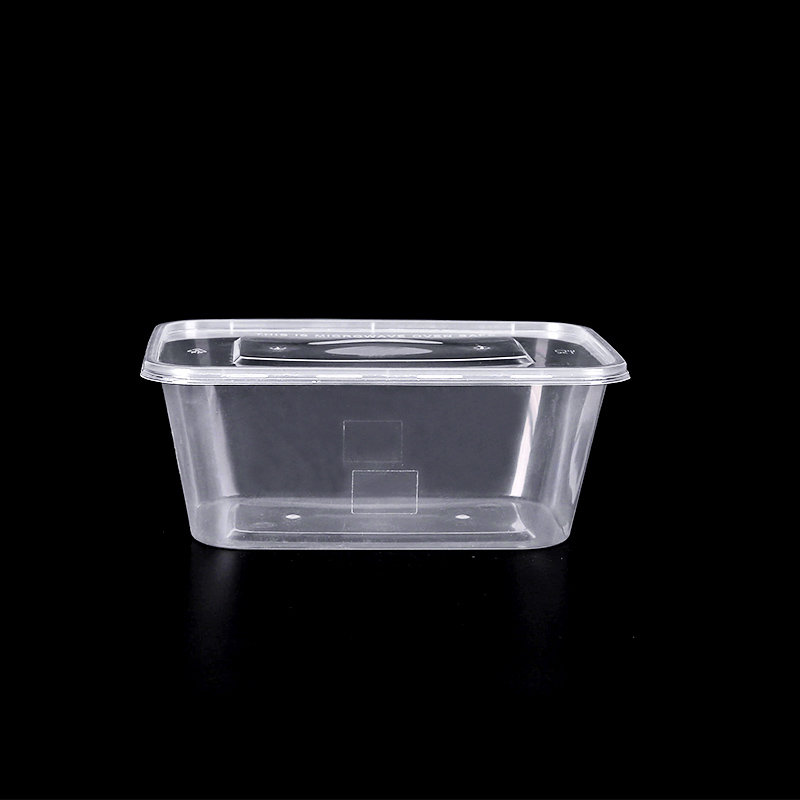
When it comes to storing food in disposable containers, there are several factors to consider to ensure food safety. The type of food being stored, the conditions in which it is stored, and the quality of the container itself all play a role in determining the length of time food can be safely stored.
Disposable food containers come in various materials such as plastic, paper, and aluminum. Each material has different properties that can affect the shelf life of food. Plastic containers, for example, are lightweight and often have airtight lids, making them suitable for storing a wide range of foods. However, over time, the plastic may degrade, leading to potential contamination of the food. Paper containers, on the other hand, are porous and provide less protection against moisture and air, making them better suited for shorter-term storage.
The type of food being stored is also crucial in determining how long it can be safely stored. Perishable foods, such as meat, poultry, fish, dairy products, and cooked leftovers, have a shorter shelf life compared to non-perishable items. These types of foods tend to spoil faster and can pose a higher risk of foodborne illnesses if not properly stored.
Furthermore, the conditions in which the food is stored play a crucial role in determining its shelf life. Temperature, humidity, and light exposure can all affect the growth of microorganisms that cause food spoilage. It is recommended to store perishable foods in refrigerators at temperatures below 40°F (4°C) to slow down bacterial growth. Non-perishable foods can be stored in a cool, dry pantry away from direct sunlight.
Moreover, the quality of the disposable container itself can impact the shelf life of the food stored in it. Containers that are damaged or have loose-fitting lids may allow air and moisture to enter, potentially leading to food spoilage. It is important to inspect the container before use and discard any damaged ones.
In general, it is best to consume food stored in disposable containers within 2-3 days to ensure freshness and safety. However, there are some guidelines to follow for specific types of food:
- Cooked leftovers: Leftovers should be refrigerated promptly and consumed within 3-4 days. If the intention is to store them for a longer period, freezing is a better option. When reheating, make sure the food reaches an internal temperature of 165°F (74°C) to kill any potential bacteria.
- Deli meats and prepared salads: These foods should be consumed within 3-5 days of purchase or opening the package. It is important to check for any signs of spoilage before consuming.
- Dairy products: Milk, yogurt, and cheese should be consumed before their expiration dates. Once opened, they should be used within 3-7 days, depending on the product and storage conditions.
- Raw meat, poultry, and fish: These perishable items should be consumed within 1-2 days of purchase or stored in the freezer. If the intention is to store them in the refrigerator, it is best to place them on the bottom shelf, away from other ready-to-eat foods, to prevent cross-contamination.
- Canned foods: Canned foods have a longer shelf life and can be safely consumed past their expiration dates if the can is not damaged or bulging. However, it is recommended to consume them within 1-2 years for optimal taste and quality.
It is important to note that these guidelines are general recommendations and it is always best to use your judgment and senses when determining the freshness and safety of food. If in doubt, it is safer to discard the food rather than risk foodborne illnesses.


